Congratulations. You have done your homework and have decided on the breed of dog that will be right for your family. Now comes the hard part, finding a responsible breeder. Anybody with an intact dog can breed their dog, but only certain people can be considered responsible breeders.
Who am I to give you advice? I am just an ordinary person like you who once decided that she loved the Bernese Mountain Dog. I have an MBA that has nothing to do with dog breeding, but it has taught me the value of research. Experience (over twenty years) as a Bernese Mountain Dog owner has given me some insights into what makes a responsible breeder.
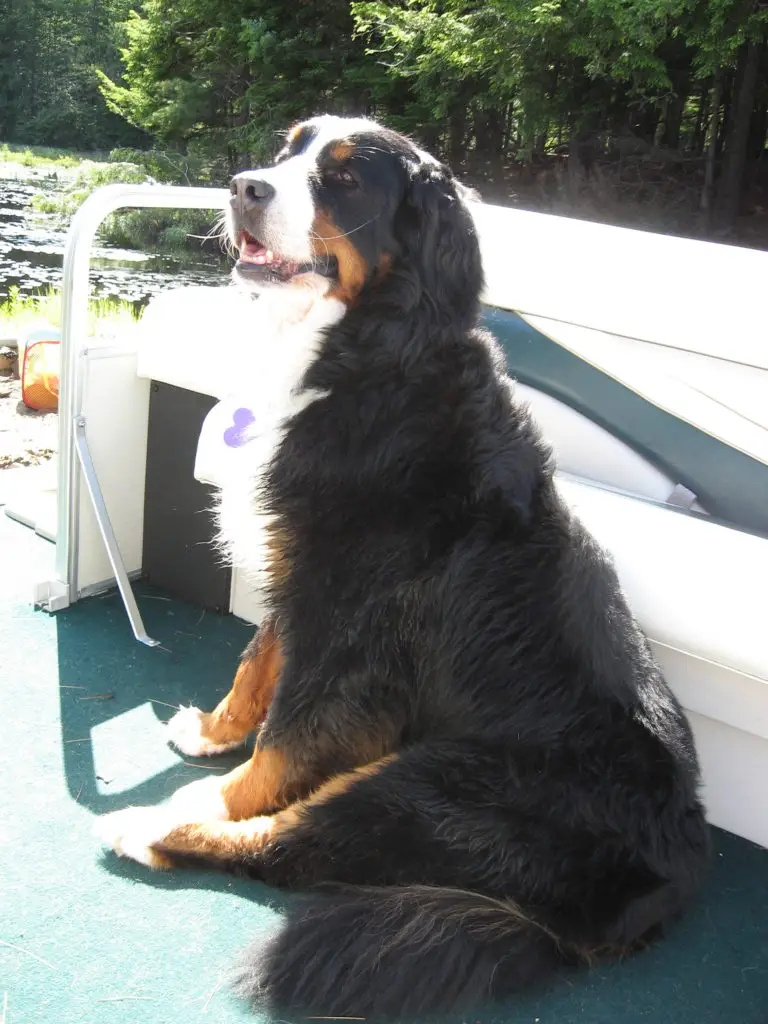
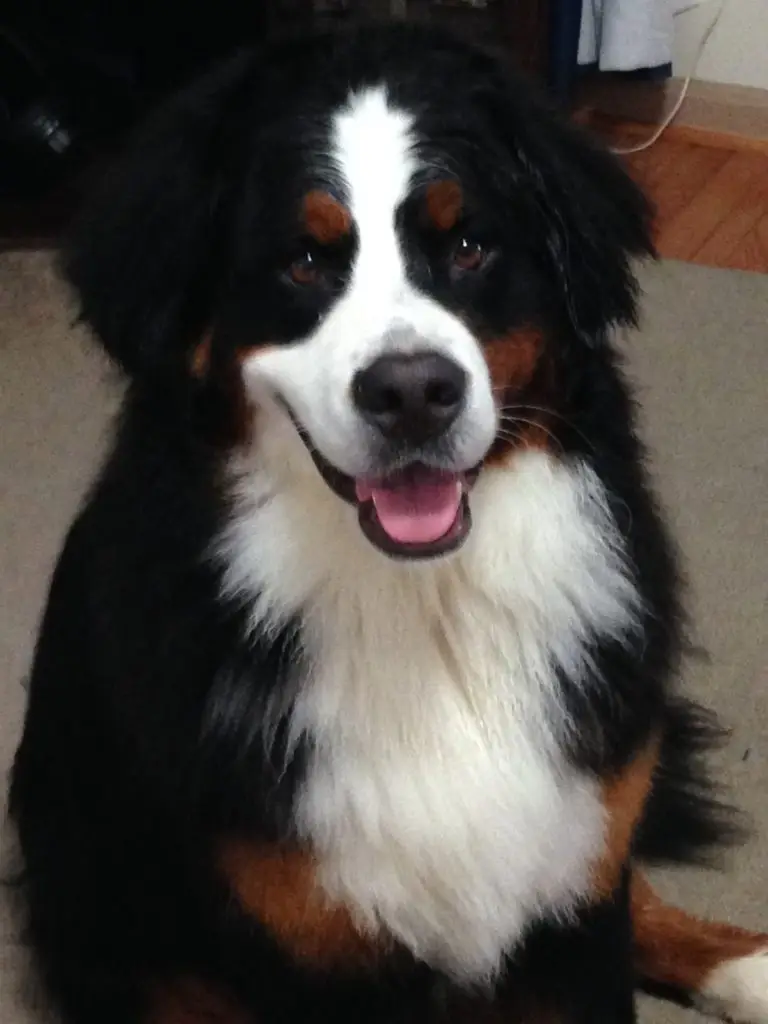

I have loved every single dog that has left their mark on my heart and soul, but they have also taught me the value of finding a responsible breeder. My first baby, Dulcinea, came to our family when she was six months old. It was hard to watch her suffer with Degenerative Myelopathy. We knew we wanted a Berner, and we knew to look for certain things in a breeder. We did not know everything. Our next two came from the same litter and a responsible breeder. My current two came from two different breeders, one was a very responsible breeder and the other was responsible in certain aspects but has a little way to go. Let me tell you, the more responsible the breeder, the better puppy you will get. It will be healthier, and it will have the personality that your research on AKC about breed standards led you to expect.
I’ve mentioned a responsible breeder numerous times. What is it that makes a responsible breeder? First, they must love the breed and want to breed puppies that are healthy now and into the future. Some breeds are prone to certain genetic diseases. Since my familiarity is with Berners, I will use them as an example. Bernese Mountain Dogs can have problems with cancers, eyes, degenerative myelopathy (A and B), von Wilhelm’s Disease, and hip and elbow dysplasia. Yes, all of that and still I got one. Breeders can now do DNA testing on the parents and make sure they do not breed certain dogs together that could leave you with a very sick pup. If your chosen dog breed has a disease that there is genetic testing for, a responsible breeder will not only test their dog and require testing of the stud dog, but they will also make that information available to you. If your chosen breed has issues with hip or elbow dysplasia, both parents should have been evaluated by the OFA at the proper age and the results made available to you. If your dog breed has a history of certain cancers, a responsible breeder will not knowingly continue a line that has been prone to these cancers. Each breed is different and AKC.org is a great source of information on what problems your breed can face. Make sure the breeder you find is doing everything that they can to ensure their puppies and the future of the breed will be happy and healthy.
Okay, you found a breeder that does all the testing. You are good. Nope, you still have work to do. If you are looking for a pet to be part of your family, you need to look at how the female is kept and how the puppies will spend the first eight to ten weeks of their life. Are they kept in a kennel removed from the family? Are they kept and raised inside the house as part of the family? Happy, healthy, well-adjusted puppies come from responsible breeders that make their dogs and their offspring part of their home and family.
Still more work. One red flag that I ignored recently, is whether the breeder owns both the stud and the female. If the breeder has both, chances are they are not as responsible as you want them to be. When a breeder has a stud on their premises that they use to breed with their females regularly, they are limiting the gene pool. Don’t get me wrong. Many breeders have females and a stud on the premises, but they do not breed them. Their stud is available for service to others and when they breed their females, they look elsewhere for the genetic material. When a breeder has both that they regularly breed together, one questions if they are more interested in the income that breeding can bring over maintaining health. With the two dogs I have now, you can see this difference in the dogs. One dog is confident and well adjusted (from the truly responsible breeder) and the other is a wild child (from a breeder that continuously breeds her females with her stud). Both dogs are happy, healthy and have had genetic parental testing done. One was bred with a great deal of thought into genetics and the other was not.
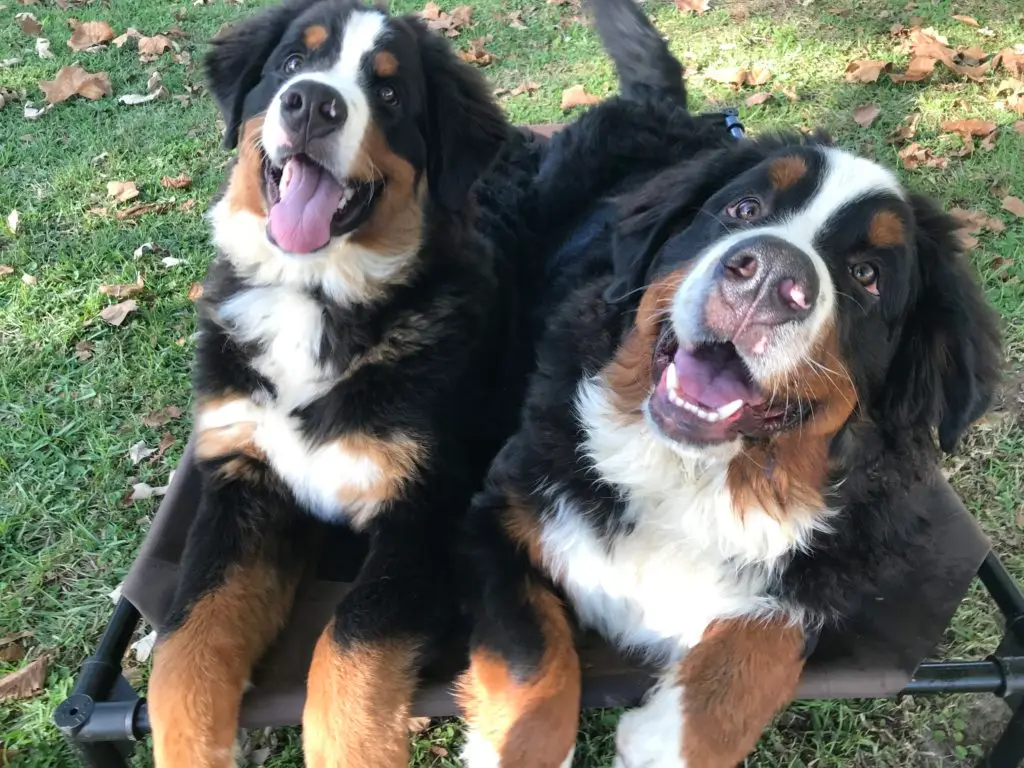
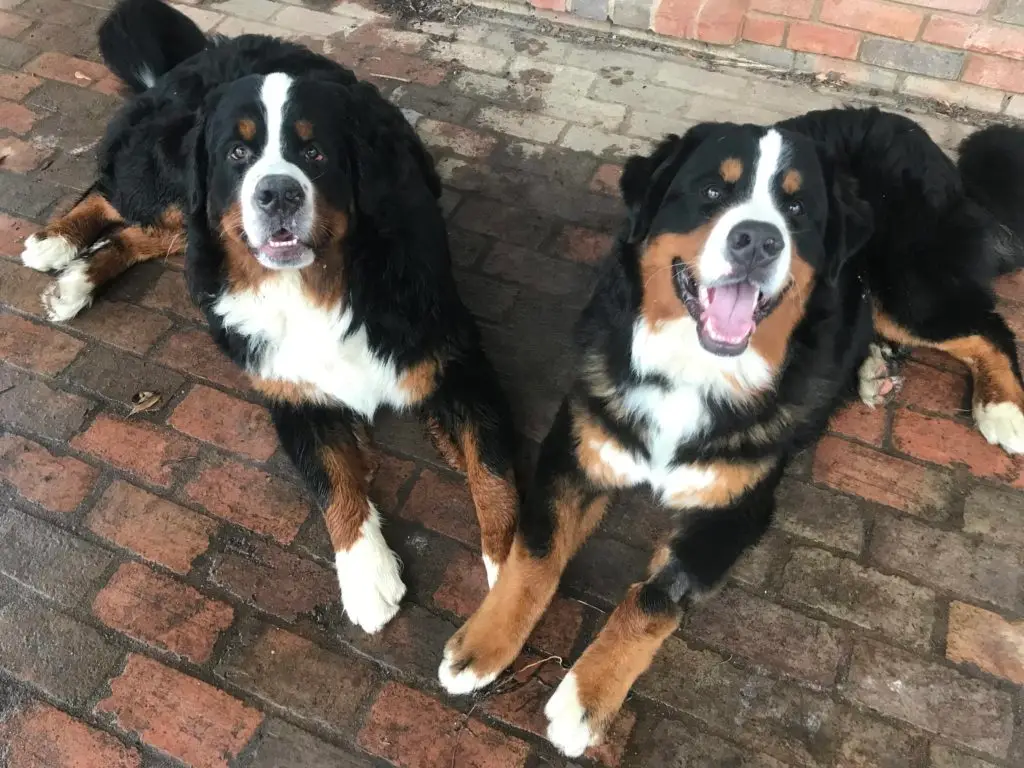
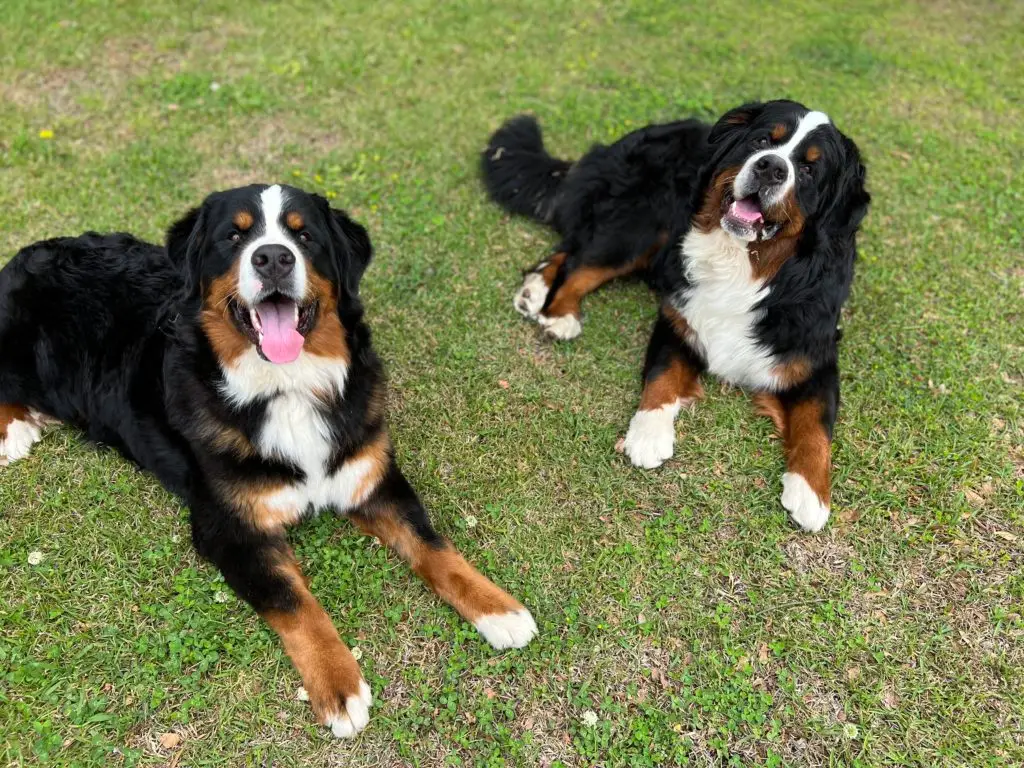
Here is where many may disagree with me. I do not even consider going to a breeder who cross breeds my beloved Berners with any other breed. I truly feel that a breeder who is cross breeding is doing it for money because buyers are requesting these “designer” dogs. Sorry, they are considered mixed breeds and not pure breeds. No matter how much the breeder follows all the other steps, this is a huge red flag to me and a deal breaker. The mixed litters are usually not consistent in form, health, or temperament.
The responsible breeder will temperament test the puppies at the appropriate age. Puppies will then be matched by the breeder to the family that best fits the puppy. Responsible breeders will not just sell their puppy to anybody willing to purchase it. As a buyer, you should be interviewed by the breeder. A breeder that questions the buyer is a breeder that cares about the longevity of the breed and specifically the care which their puppies will receive.
Lastly, will the breeder be there for the life of your puppy? Your best source of advice is your breeder. The breeder that I consider to be the most responsible breeder requires certain things of me as an owner. In agreeing to purchase a puppy from this breeder, I have agreed to neuter my dog at twelve months, have x-rays taken of hips and elbows between 24 and 30 months, send those x-rays to the breeder for the breeder to have evaluated by the OFA; have the dog’s eyes examined between five and seven years, results to be sent to breeder, only rehome the puppy with the breeder, agree to enroll the puppy in puppy obedience, and have a necropsy performed at the breeder’s expenses at the time of the dog’s passing. It’s a lot but I know the breeder is just looking out for what is best for the puppies that they have brought into this world. The information the responsible breeder gets from you as a buyer as to the health of the puppy you have purchased aids immensely in their breeding program.
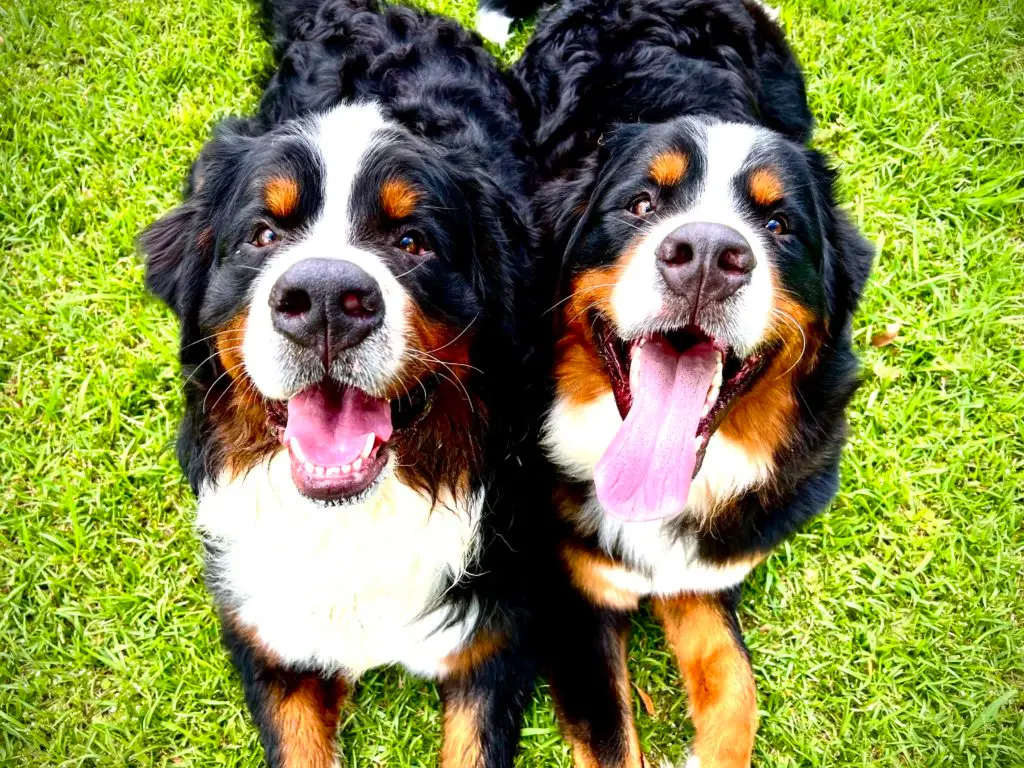
Now that you have found a breeder, the waitlist begins. Responsible breeders only breed a few litters a year and do not overbreed their dogs to keep them healthy. Best of luck and do your research!



One Response
Great article! Some sound advice